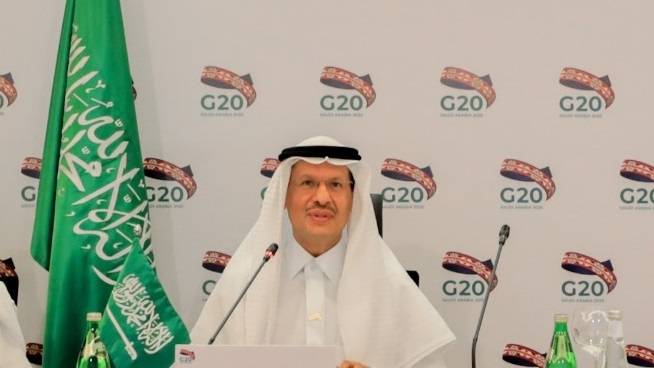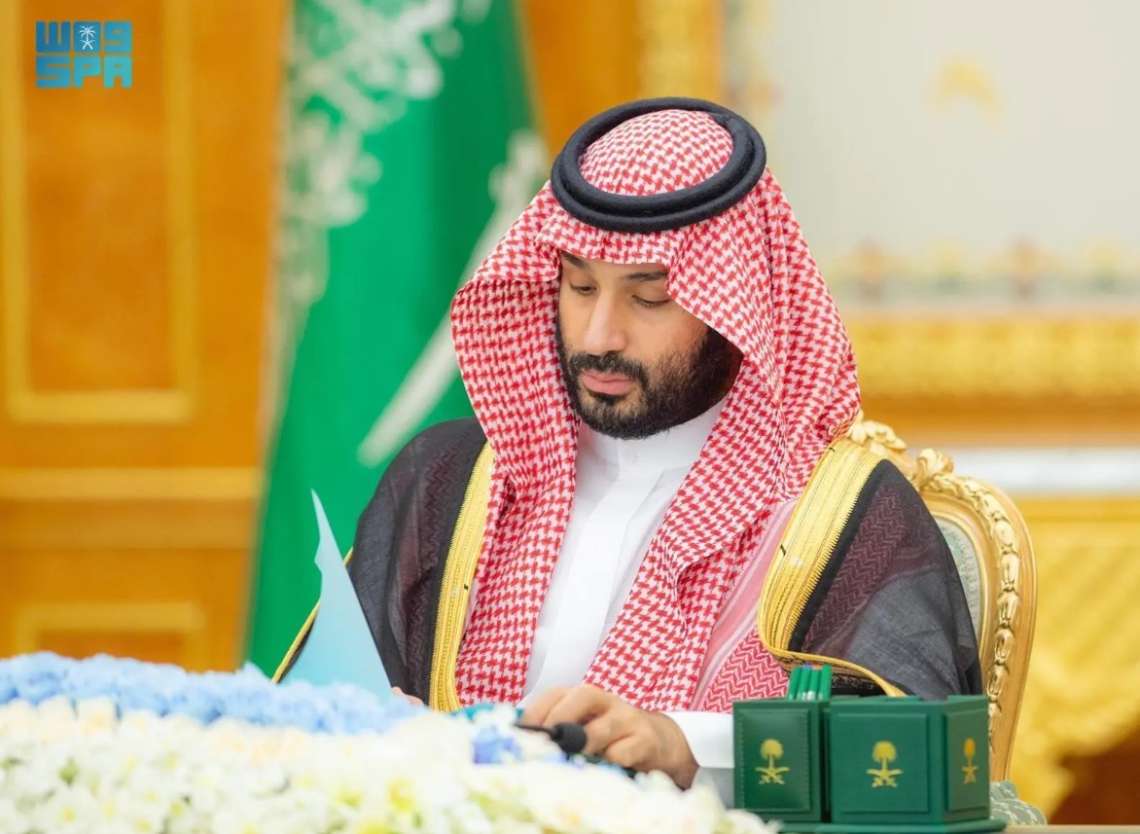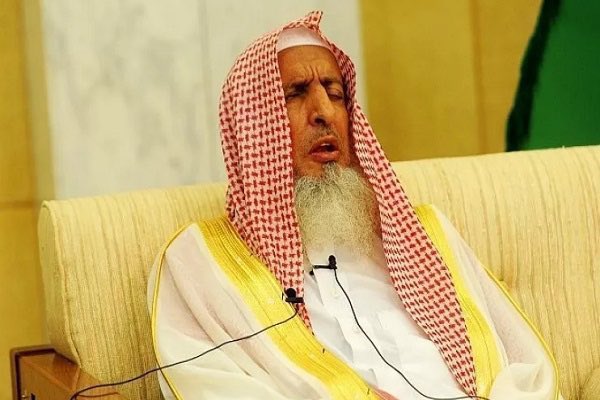Saudi Arabia’s Energy Minister Prince Abdulaziz bin Salman has underlined on the need of the alliance between OPEC and non-OPEC to continue the agreement to restrain production after it ends in April 2022, reports Asian Lite Newsdesk
The oil prices saw increase on Monday after an ongoing disagreement inside OPEC+ about output policy. And talks are underway to break the deadlock among producers in the group, media reported.
The price of OPEC basket of thirteen crudes stood at $75.18 a barrel on Friday, 2nd July, compared with $74.84 the previous day, according to OPEC Secretariat calculations.
Saudi Arabia’s Energy Minister had said that extending the current OPEC+ deal is the “basis of the agreement” and it’s not a “branch” of it, the Arab News reported.
Prince Abdulaziz bin Salman also underlined on the need of the alliance between OPEC and non-OPEC to continue the agreement to restrain production after it ends in April 2022.
“The extension is there in the agreement… while increasing (production) isn’t mentioned,” the minister said in an interview with Al Arabiya TV.

The Saudi energy minister also said on Sunday that there should be an increase in production to meet an expected decline in oil supply during the summer period.
However, he also hailed the efforts made by the alliance, known as OPEC+, under the current agreement to restore the market balance, adding that its success wasn’t possible without the extra voluntary cuts that Saudi Arabia made under the current agreement.
There is consensus between OPEC+ member states regarding baseline oil output, except for one country, the energy minister said.
Meanwhile, the UAE Ministry of Energy and Infrastructure has affirmed that it is a longstanding and committed member of OPEC, and OPEC+, and have been a reliable partner in the current OPEC+ agreement, delivering compliance of 103% throughout its 2-year term.
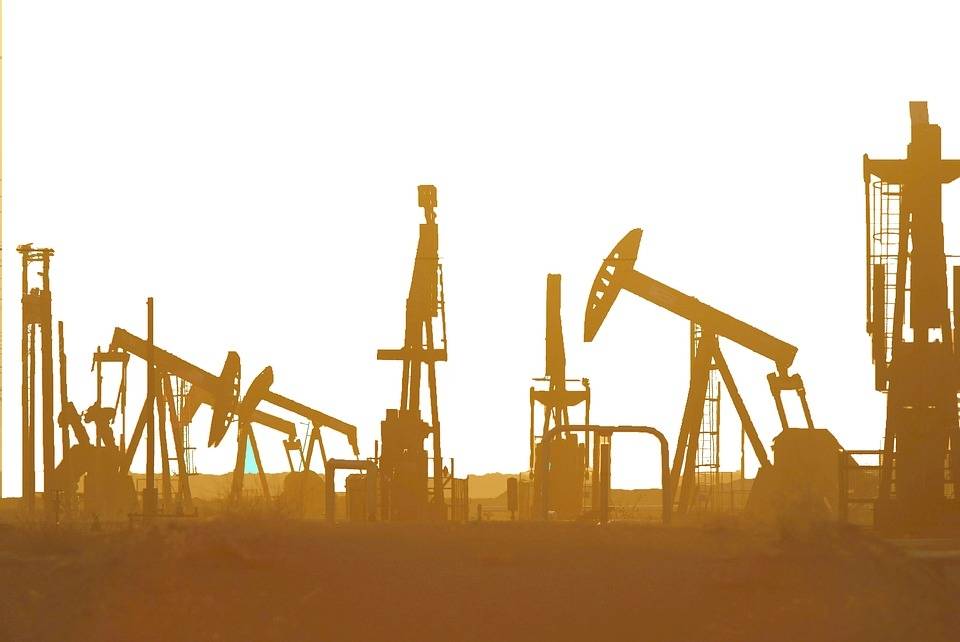
In a statement today, the Ministry said that the “UAE believes that the market needs an increase in production and supports an increase from August.”
It added that the UAE has supported production increases in May, June and July of this year which had no extension conditions attached to them. “So it makes no sense to attach conditions to increase in August. We fully support an increase in August,” the statement stated.
The statement said, “The Joint Ministerial Monitoring Committee (JMMC) unfortunately only put one option forward, to increase production on the condition of an extension to the current agreement, which would prolong the UAE’s unfair reference production baseline until December 2022, from the existing agreement end date of April 2022. “
The UAE proposed to decouple the matters of increasing production and the extension of the agreement, to progress an increase to production starting in August. But the JMMC insisted on coupling the increase with the extension of the agreement.
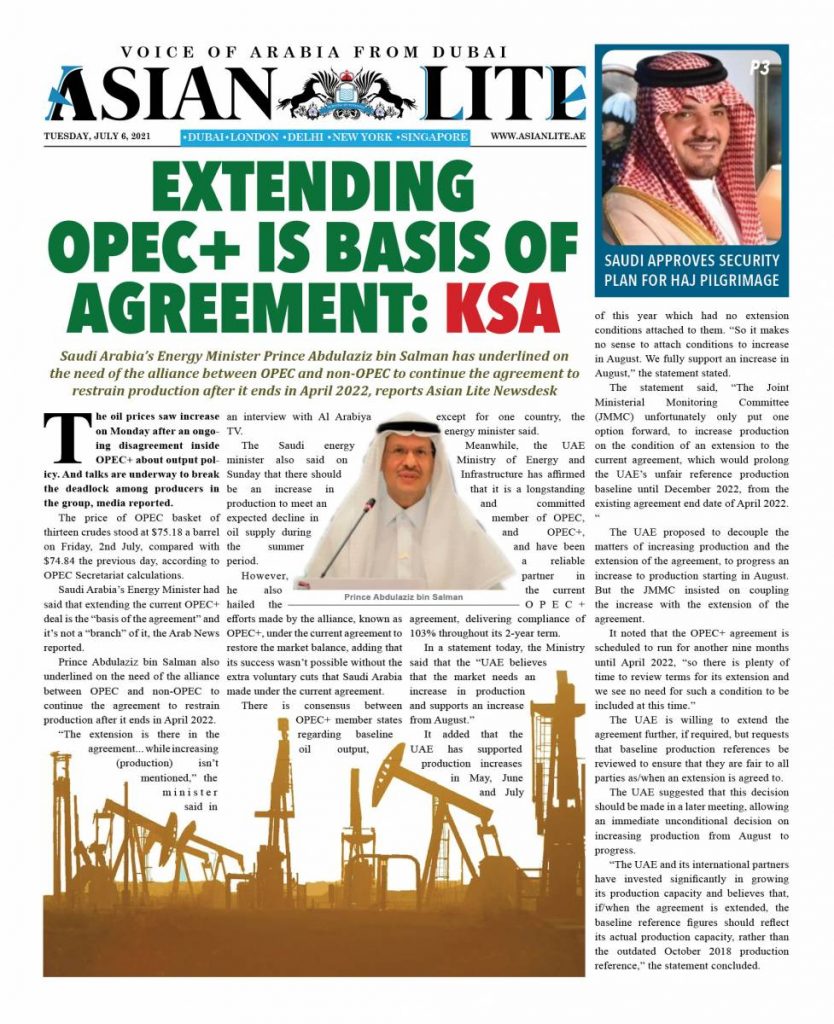
It noted that the OPEC+ agreement is scheduled to run for another nine months until April 2022, “so there is plenty of time to review terms for its extension and we see no need for such a condition to be included at this time.”
The UAE is willing to extend the agreement further, if required, but requests that baseline production references be reviewed to ensure that they are fair to all parties as/when an extension is agreed to. The UAE suggested that this decision should be made in a later meeting, allowing an immediate unconditional decision on increasing production from August to progress.
“The UAE and its international partners have invested significantly in growing its production capacity and believes that, if/when the agreement is extended, the baseline reference figures should reflect its actual production capacity, rather than the outdated October 2018 production reference,” the statement concluded.
ALSO READ: Israel probes possible missile attack on ship en route UAE


